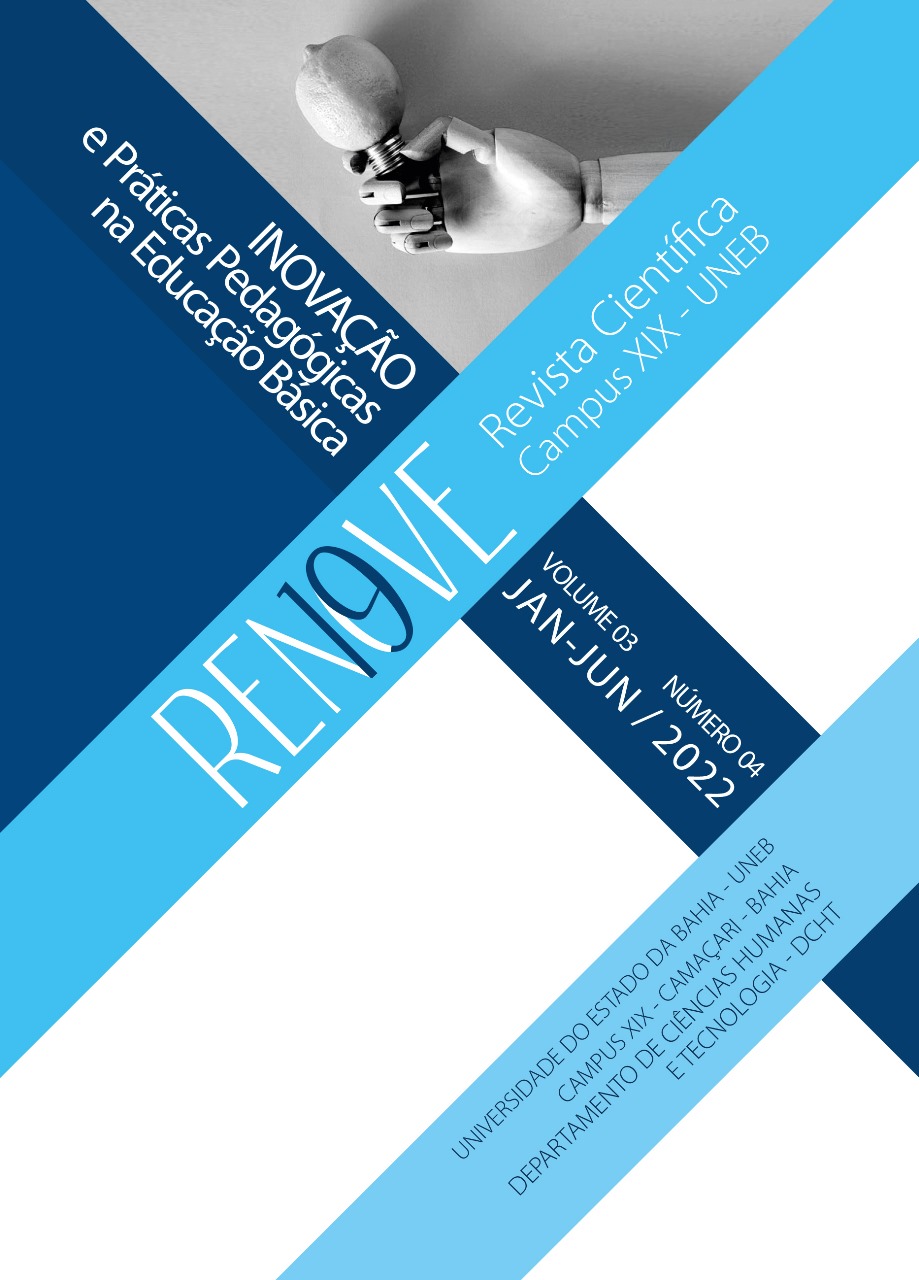HISTORY OF THE STEAM METHODOLOGY
DOI:
https://doi.org/10.52302/renove.vol3.n4.a19937Abstract
This study conducts a systematic literature review to analyze the impact and perspectives of the STEAM Methodology (Science, Technology, Engineering, Arts, and Mathematics) in school education. Twenty-five articles from 15 scientific journals were reviewed, using specific inclusion and exclusion criteria. The analysis of the results revealed that the STEAM Methodology promotes student engagement, develops essential skills such as critical thinking and problem-solving, and prepares students for the demands of contemporary society. The integration of emerging technologies, such as virtual reality and artificial intelligence, as well as the emphasis on maker culture and sustainability, were identified as promising trends. However, challenges such as educator training and resource availability continue to be obstacles to effective implementation of the STEAM Methodology. In conclusion, this study highlights the importance of the STEAM Methodology in promoting a more relevant and future-ready education, and provides valuable insights for educators, researchers, and educational policymakers.
Downloads
Downloads
Published
Issue
Section
License
Autores que publicam nesta revista concordam com os seguintes termos:
- Autores mantém os direitos autorais e concedem à revista o direito de primeira publicação, com o trabalho simultaneamente licenciado sob a Creative Commons Attribution License que permitindo o compartilhamento do trabalho com reconhecimento da autoria do trabalho e publicação inicial nesta revista.
- Autores têm autorização para assumir contratos adicionais separadamente, para distribuição não-exclusiva da versão do trabalho publicada nesta revista (ex.: publicar em repositório institucional ou como capítulo de livro), com reconhecimento de autoria e publicação inicial nesta revista.
- Autores têm permissão e são estimulados a publicar e distribuir seu trabalho online (ex.: em repositórios institucionais ou na sua página pessoal) a qualquer ponto antes ou durante o processo editorial, já que isso pode gerar alterações produtivas, bem como aumentar o impacto e a citação do trabalho publicado (Veja O Efeito do Acesso Livre).




